Scott Morrison launches $1bn missile project
The Morrison government will spend $1bn to fast-track an Australian sovereign guided weapons enterprise.
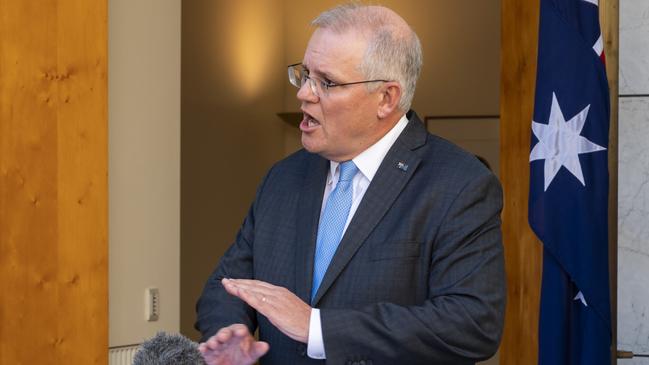
The Morrison government will spend $1bn to fast-track the creation of an Australian sovereign guided weapons enterprise, creating a new military manufacturing industry.
Reflecting a worsening strategic environment, the government expects to spend $100bn in missile and guided weapons purchases during the next 20 years.
The government believes the new facility, to be announced on Wednesday, could generate $40bn in domestic production and export sales in that time.
The Australian understands the facility could begin production within three years.
Scott Morrison said: “Creating our own sovereign capability on Australian soil is essential to keep Australians safe, while also providing thousands of local jobs in businesses right across the defence supply chain.
“As the COVID-19 pandemic has shown, having the ability for self-reliance, be it vaccine development or the defence of Australia, is vital to meeting our own requirements in a changing global environment. It is imperative we now proceed with the creation of a sovereign guided weapons capability as a priority.”
The government plans to choose a corporate strategic partner this year. The companies it nominates as possible partners include Raytheon Australia, Lockheed Martin Australia, Kongsberg and BAE Systems Australia. Of these, Raytheon and Lockheed Martin are American companies and, as this is a deal at the highest levels between Canberra and Washington, that could give them an advantage.
The principles of the deal have been negotiated at ministerial level over a series of AUSMIN meetings.
The intellectual property mostly rests with the Americans and the Biden administration has to agree to it being used in Australia. The government’s ambition is to slot into America’s production capabilities and provide extra missiles for the US itself. Recent US defence documents have nominated an enhanced missile capacity as essential to its efforts to counter Chinese military dominance in the Pacific.
Defence Minister Peter Dutton said: “We will work closely with the United States on this important initiative to ensure that we understand how our enterprise can best support both Australia’s needs and the growing needs of our most important military partner.”
At a time of rising tensions with China, this big play by the Morrison government has two primary strategic outcomes. It will provide much greater security of supply of missiles for Australia. And it greatly enhances the US-Australia military alliance, cementing the closest sharing of advanced technology and integration of military supply chains.
Defence Industry Minister Melissa Price believes the guided weapons enterprise will eventually create more than 2000 jobs across the supply chain around Australia.
The government believes that if it is successful in becoming a second-line supplier of missiles to the US, the enterprise could lift Australia into the world’s top 10 defence exporters. It would also eventually be bigger than the $40bn future frigate project.
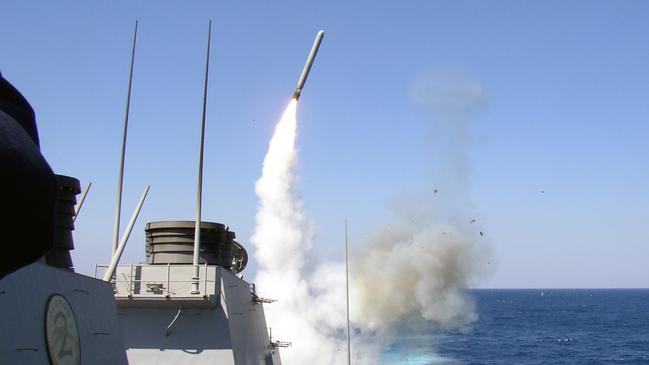
The government first foreshadowed this initiative in its force structure plan released at the same time as last year’s defence strategic update. That paper first envisaged the $1bn expenditure. However, Wednesday’s initiative is a major acceleration of what was expected to take at least 10 years to become operational.
Raytheon Australia managing director Michael Ward said that if the company was selected as the government’s strategic partner, it would begin missile production in its Mawson Lakes facility in South Australia within three years. Mr Morrison will be in South Australia on Wednesday to open Raytheon’s Centre for Joint Integration. Among other projects, the centre assembles, integrates and tests the army’s new short-range ground-based air-defence capability.
If Australia did begin missile production within three years, this would be much quicker than most defence experts, or the government itself, had predicted was possible when the idea was first seriously considered.
Defence industry figures welcomed the initiative. Thales Australia chief executive Chris Jenkins said that Australia becoming a manufacturer of guided weapons would provide “a key element of Australian self-reliance in long-range strike and deterrence capability”.
Robert Nioa, the chief executive of defence contractor, Nioa Australia, said the establishment of the sovereign guided weapons enterprise was “encouraging and necessary for the future of our national security”.


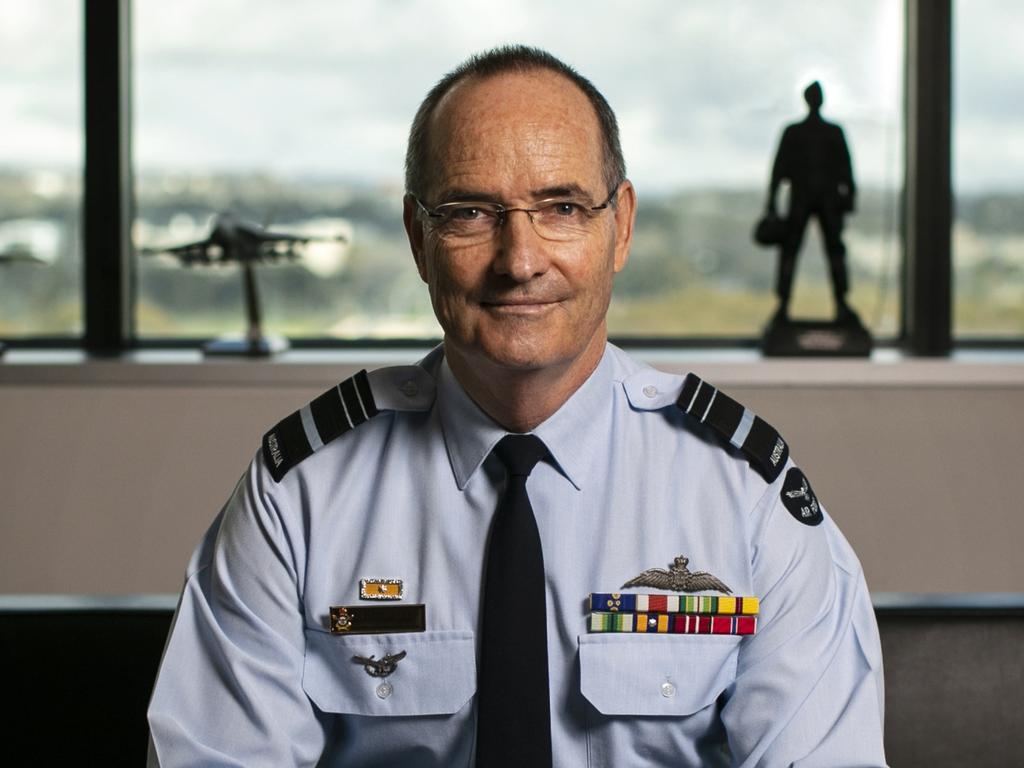
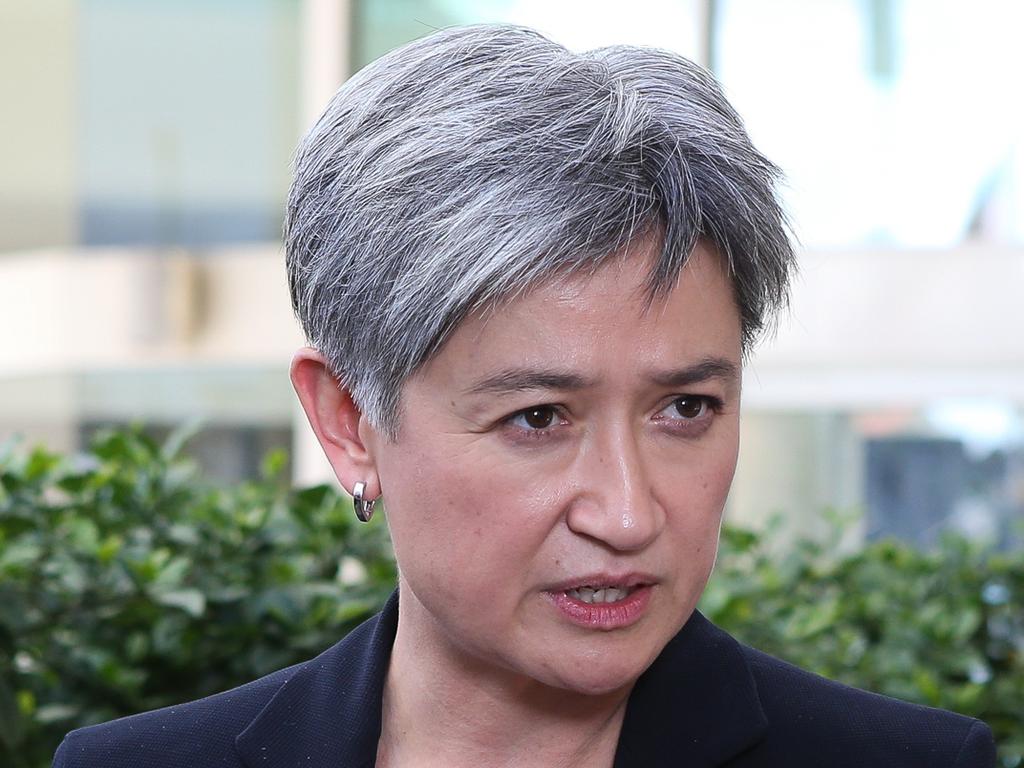
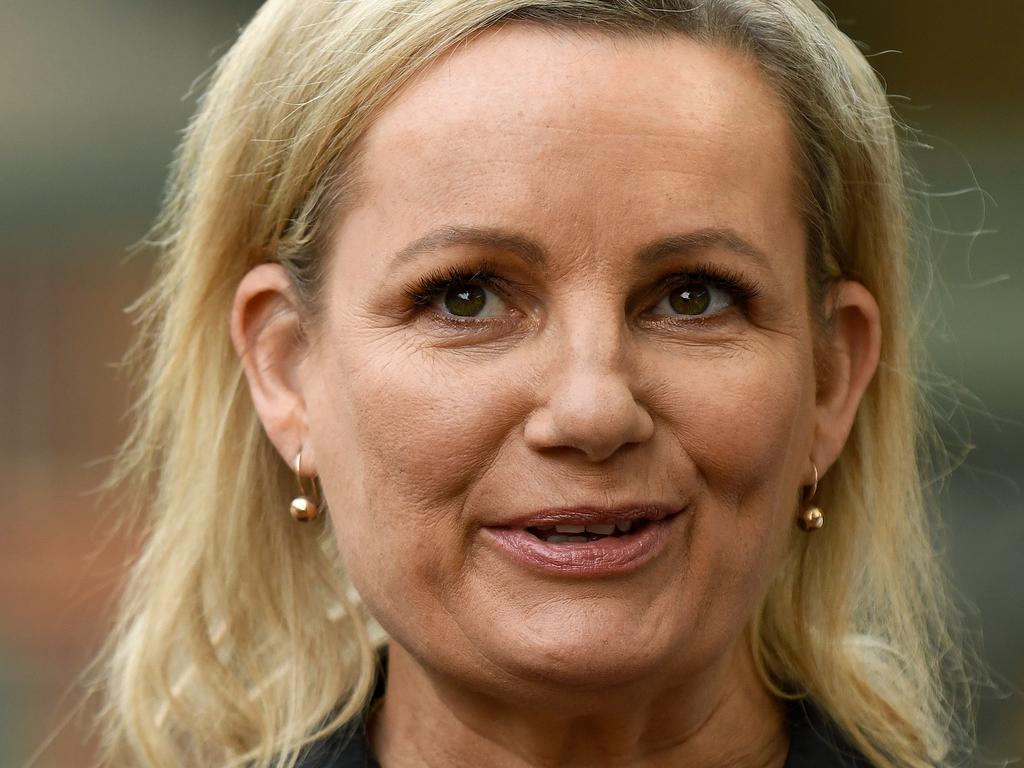



To join the conversation, please log in. Don't have an account? Register
Join the conversation, you are commenting as Logout